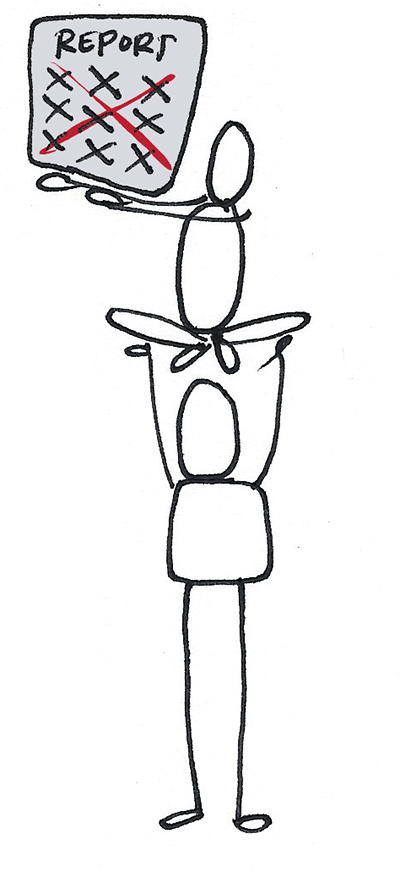
The COVID 19 Project tests the hypotheses that citizens, provided with information and tools can be trusted to address the complex problems in their community and nationally.
Get Involved
TAKE PART IN OUR EFFORT
Citizens and civil society organizations interested in supporting and joining the COVID 19 Project are welcome.
Join us for our online event at the occasion of the beginning of the Citizen Commission (Details to come)
Stakeholder: The US Federal Government: Executive Branch
Trump Visits the CDC in Atlanta After Earlier Canceling the Trip Over Coronavirus Fears March 6th, 2020
"The federal government has failed in its fundamental constitutional duty: to “provide for the common defense.” Despite extensive planning by presidential administrations of both parties, when a pandemic finally hit, authorities at all levels were poorly organized and ill prepared. In the absence of clearly defined international, federal, state, and local roles, officials have improvised tactics in search of a strategy, all too often conflicting with one another."
Article 2 Executive Branch
The executive Power shall be vested in a President of the United States of America.
Signed in convention September 17, 1787. Ratified June 21, 1788. Portions of Article II, Section 1, were changed by the 12th Amendment and the 25th Amendment
The Executive Branch
The US Federal Government's role in addressing the COVID-19 pandemic management oversight.
1. The stakeholders
2. The timeline
3. Overview of current efforts and strategies
4. Monitoring the federal effort
5. The war on Coronavirus and Covid 19
6. Checklist for federal agencies and programs
7. Citizen tools box
8. Conversation
Content will be in various forms including checklist, articles, infographics, interviews, links to other websites, video, and other media forms.
Assessing national performance in response to COVID-19
What steps has the federal government taken to address coronavirus? A timeline of select federal actions. (NGA)
A Chronological Overview of the Federal, State, and Local Response to COVID-19
Federal Government: Executive Branch COVID- 19 Stakeholders

The Executive Branch

The Federal Ecosystem

Federal COVID-19 Time Line
Members of the President’s Coronavirus Task Force: January 29, 2020
Secretary Alex Azar, Department of Health and Human Services
Robert O’Brien, Assistant to the President for National Security Affairs
Dr. Robert Redfield, Director of the Centers for Disease Control and Prevention
Dr. Anthony Fauci, Director of the National Institute of Allergy and Infectious Diseases at the National Institutes of Health
Deputy Secretary Stephen Biegun, Department of State
Ken Cuccinelli, Acting Deputy Secretary, Department of Homeland Security
Joel Szabat, Acting Under Secretary for Policy, Department of Transportation
Matthew Pottinger, Assistant to the President and Deputy National Security Advisor
Rob Blair, Assistant to the President and Senior Advisor to the Chief of Staff
Joseph Grogan, Assistant to the President and Director of the Domestic Policy Council
Christopher Liddell, Assistant to the President and Deputy Chief of Staff for Policy Coordination
Derek Kan, Executive Associate Director, Office of Management and Budget

Federal Check List

Citizen Toolbox
Overview of current efforts by the federal government
The Executive Branch
The 25 most concerning lines from Donald Trump's CDC visit March 7th, 2020
MARCH 6, 2020
Coronavirus Funding Bill Signing
President Trump signed into law a $8.3 billion emergency spending bill to combat the spread of the coronavirus.




